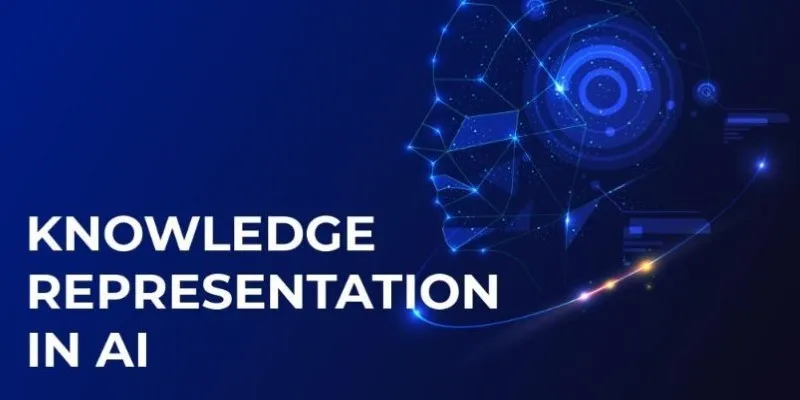In the world of insurance, traditional processes were often characterized by long waits, extensive paperwork, and uncertainty. For customers, navigating a maze of forms and approvals could be quite challenging. However, the rise of AI in insurance is transforming this dynamic for the better. By revolutionizing risk assessment and claims processing, AI is streamlining these systems, making them faster, more accurate, and transparent.
This technology promises efficiency and ensures fair treatment for both insurers and customers. As AI continues to evolve, it’s clear that the future of insurance will be smarter, more responsive, and more customer-centric.
The Role of AI in Risk Assessment
Risk assessment is the cornerstone of the insurance industry. It helps companies decide who to insure, what premiums to charge, and how much risk is involved. Traditionally, this process relied heavily on manual data checks, outdated records, and a significant amount of guesswork. Today, AI in insurance is transforming this process through data-driven insights.
AI systems can analyze massive amounts of data from diverse sources, such as social media, financial records, driving history, and weather patterns. This capability allows insurance companies to create highly accurate risk profiles for individuals and businesses. AI models can even predict potential risks by identifying patterns and behaviors that might otherwise go unnoticed.
For instance, in auto insurance, AI can collect data from vehicle sensors to analyze driving habits like speed, braking, and location. Safe drivers with good habits may receive lower premiums because the associated risk is reduced. This personalized approach is not only more accurate but also fairer for customers.
Additionally, in health insurance, AI can evaluate an individual’s medical history, lifestyle, and genetic information to forecast future health threats. This enables companies to design customized health plans tailored to their customers’ needs while eliminating unnecessary expenses.
Overall, AI in insurance is making risk evaluation smarter and more personalized, benefiting both companies and customers by offering proper coverage and reasonable pricing.
AI-Powered Claims Processing
Claim processing is often one of the most frustrating aspects of dealing with insurance. Customers frequently complain about long waiting times, repeated document submissions, and unclear responses. AI in insurance is addressing these issues, especially in risk assessment and claims processing.

AI tools can now handle claims from start to finish with minimal human intervention. When a customer submits a claim, AI systems can instantly verify policy details, check for fraud, and assess damage. For example, if a car accident occurs, the customer can upload pictures of the damage through a mobile app. AI algorithms analyze these images, estimate repair costs, and approve the claim within minutes.
In home insurance, AI-driven drones and image recognition tools can assess property damage after natural disasters like floods or storms. This eliminates the need for lengthy inspections and allows claims to be processed faster.
Fraud detection is one of the biggest challenges in claims processing. Insurance fraud costs companies billions of dollars each year. AI systems are trained to detect suspicious patterns, unusual claims history, and data inconsistencies. This helps insurers prevent fraud and maintain trust with honest customers.
More importantly, AI makes claims processing transparent. Customers receive real-time updates on the status of their claims, estimated timelines, and clear communication. This level of service was hard to achieve with traditional methods.
AI in insurance is revolutionizing risk assessment and claims processing by making them faster, more accurate, and more customer-friendly. This enhances the overall experience for both insurers and policyholders through greater efficiency and personalized service.
Challenges and Opportunities with AI in Insurance
While AI offers significant benefits in insurance, some challenges must be addressed. Data privacy is one of the primary concerns. AI systems rely on large amounts of personal data to operate effectively, raising important questions about how customer data is collected, stored, and used. Insurance companies must ensure compliance with strict data protection regulations and respect customer privacy. Transparency in data usage is crucial for building and maintaining trust with policyholders.

Another challenge is the potential for bias in AI models. If the data used to train AI systems is incomplete or biased, it can lead to unfair risk assessments and claims decisions. For example, biased data may result in certain demographics being charged higher premiums or receiving slower claims approvals. To avoid this, insurers must regularly review and update their AI models to ensure they are fair and unbiased.
Despite these hurdles, the opportunities for AI in insurance are vast. AI-powered chatbots provide round-the-clock customer support, answering common questions and guiding users through the claims process. Predictive analytics allow insurers to develop new products tailored to emerging customer needs while also improving underwriting efficiency. AI tools help underwriters analyze large datasets quickly, enabling faster, more informed decision-making. This leads to quicker policy approvals and better risk management.
Additionally, machine learning and automation can lower operational costs, streamline workflows, and keep insurers competitive in a fast-evolving market. As AI continues to advance, companies that embrace this technology will be better positioned to meet customer demands, handle risks, and offer improved service across all aspects of insurance.
Conclusion
AI in insurance is revolutionizing how risk assessment and claims processing are handled. By utilizing advanced data analytics and machine learning, AI helps insurers evaluate risks more accurately and process claims faster. Customers benefit from personalized policies, quicker claim approvals, and enhanced transparency. While challenges such as data privacy and model bias exist, the advantages of AI in streamlining operations and improving customer experiences are undeniable. As AI continues to evolve, it will further transform the insurance industry, making it more efficient, customer-friendly, and responsive to changing needs, ultimately creating a smarter, more reliable system.
 zfn9
zfn9























